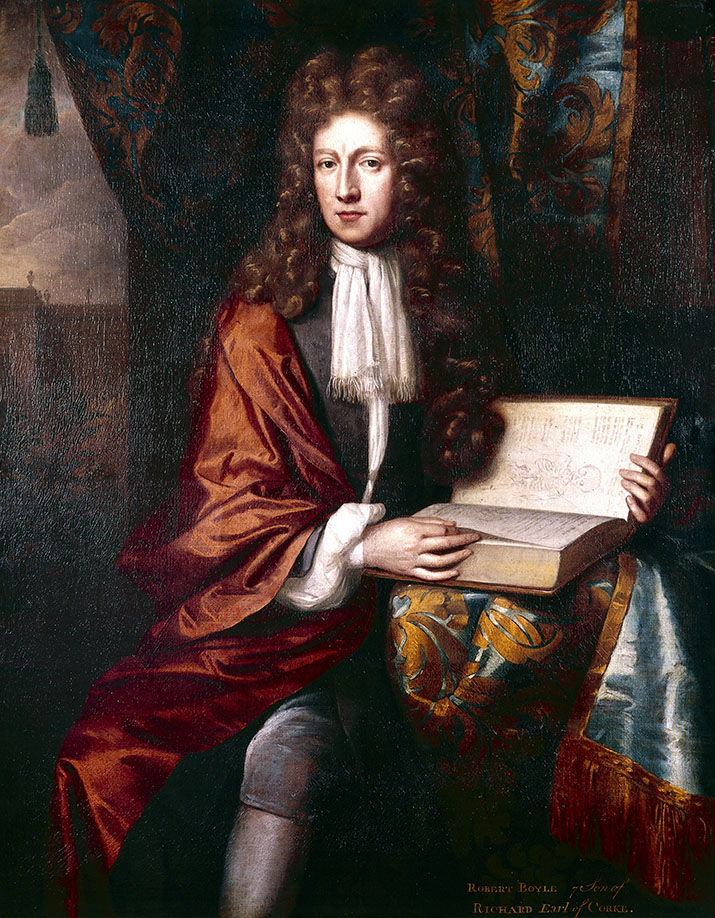

Robert Boyle was an English scientist who lived in the 17th century. He is known for his work on the properties of gases, and he is often called the "father of modern chemistry."
Boyle was born in Ireland in 1627. He was the son of an earl, and he had a good education. He studied at Eton College and then at Oxford University.
After graduating from Oxford, Boyle travelled to Italy and France. He met with scientists from all over Europe, and he learned about the latest scientific discoveries.
When Boyle returned to England, he set up a laboratory in his home. He began to experiment with gases, and he made many important discoveries. He showed that the volume of a gas is inversely proportional to its pressure, and he developed the law of partial pressures.
Boyle's work on gases was groundbreaking. It helped to lay the foundation for modern chemistry, and it had a major impact on our understanding of the physical world.
Robert Boyle's most important contribution to chemistry was his definition of an element.

There are no different forms of the word "Robert Boyle". It is the name of a person.
The name "Robert" is a Germanic name that means "bright fame". The name "Boyle" is an English surname that means "dweller at the hill.".
What is Robert Boyle famous for?